MercoPress. South Atlantic News Agency
Environment
-
Friday, January 16th 2026 - 18:54 UTC
Wildfires continue in Argentine Patagonia; ten provinces on alert
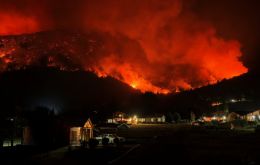
Ten Argentine provinces are under alert for wildfire risk, as several fire fronts in Chubut and wider Patagonia have already burned more than 20,000 hectares.
-
Friday, January 16th 2026 - 10:55 UTC
High Seas Treaty enters into force, ushering in a new era for ocean protection

The High Seas Treaty, also known as the Global Ocean Treaty, enters into force on Saturday, marking “a historic achievement in ocean protection” and the start of a new phase in global ocean governance, EFE reported.
-
Friday, January 16th 2026 - 10:20 UTC
YPF lawsuit: Burford asks US court to hold Argentina in contempt
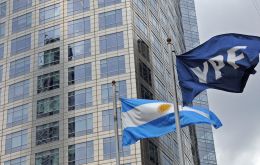
Burford Capital, the main beneficiary of a US$16 billion first-instance ruling against Argentina over the 2012 expropriation of YPF, has asked federal judge Loretta Preska to hold the country in contempt and impose sanctions, citing alleged failures to comply with discovery orders.
-
Thursday, January 15th 2026 - 09:04 UTC
Falklands, Legislative Assembly portfolio assignments
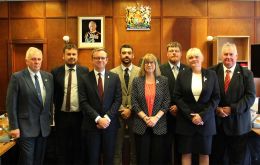
The Falkland Islands elected Legislative Assembly has agreed a revised portfolio system for the 2025-2029 term. Following the December 2025 General Election, Members reviewed the structure to improve focus, and align related policy areas.
-
Wednesday, January 14th 2026 - 08:59 UTC
No more buildings casting shadows on Rio beaches
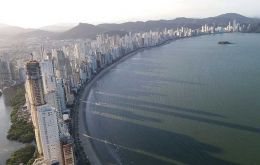
Rio de Janeiro Mayor Eduardo Paes signed this week a new law prohibiting the construction of any building that casts shadows on the city’s sand or boardwalks, a measure unanimously approved by the City Council last month.
-
Tuesday, January 13th 2026 - 10:40 UTC
Gigantic wave kills one Argentine beachgoer near Mar del Plata
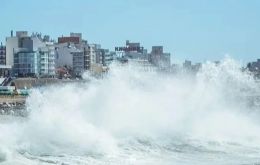
One Argentine beachgoer died, and 35 others needed medical help after a rare and violent maritime phenomenon known as a meteotsunami hit the Atlantic Ocean resort of Santa Clara del Mar, some 20 kilometers north of Mar del Plata.
-
Friday, January 9th 2026 - 20:33 UTC
EU-Mercosur deal to be signed in Asunción on Jan. 17

The Free Trade Agreement (FTA) between the Southern Common Market (Mercosur) and the European Union (EU) will be signed in Paraguay on Saturday, Jan. 17, Argentine Foreign Minister Pablo Quirno confirmed on Friday, following the decisive round of voting in Brussels, where France and its allies failed to reach the minimum number to topple the initiative.
-
Friday, January 9th 2026 - 20:12 UTC
EU gives nod to Mercosur FTA despite fragmented France's rejection

A qualified majority of European Union (EU) member states voted Friday to approve the landmark Free Trade Agreement with the Southern Common Market (Mercosur). The decision marks a historic geopolitical shift, positioning the EU to counter rising US tariffs and Chinese competition, even as it ignites a firestorm of domestic unrest in France.
-
Friday, January 9th 2026 - 10:41 UTC
Uruguay: donated islands for environmental bilateral initiative
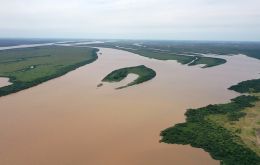
Uruguayan President Yamandú Orsi took delivery on Thursday of three islands in the Uruguay River purchased by US philanthropist Gilbert Butler to develop a binational “Peace Park” Project together with neighboring Argentina.
-
Saturday, January 3rd 2026 - 07:57 UTC
Two dead after strong quake hits Mexico

A powerful 6.5 magnitude earthquake struck central and southern Mexico early Friday morning, leaving at least two people dead and over a dozen injured. The National Seismological Service has recorded over 850 aftershocks since the initial quake.
